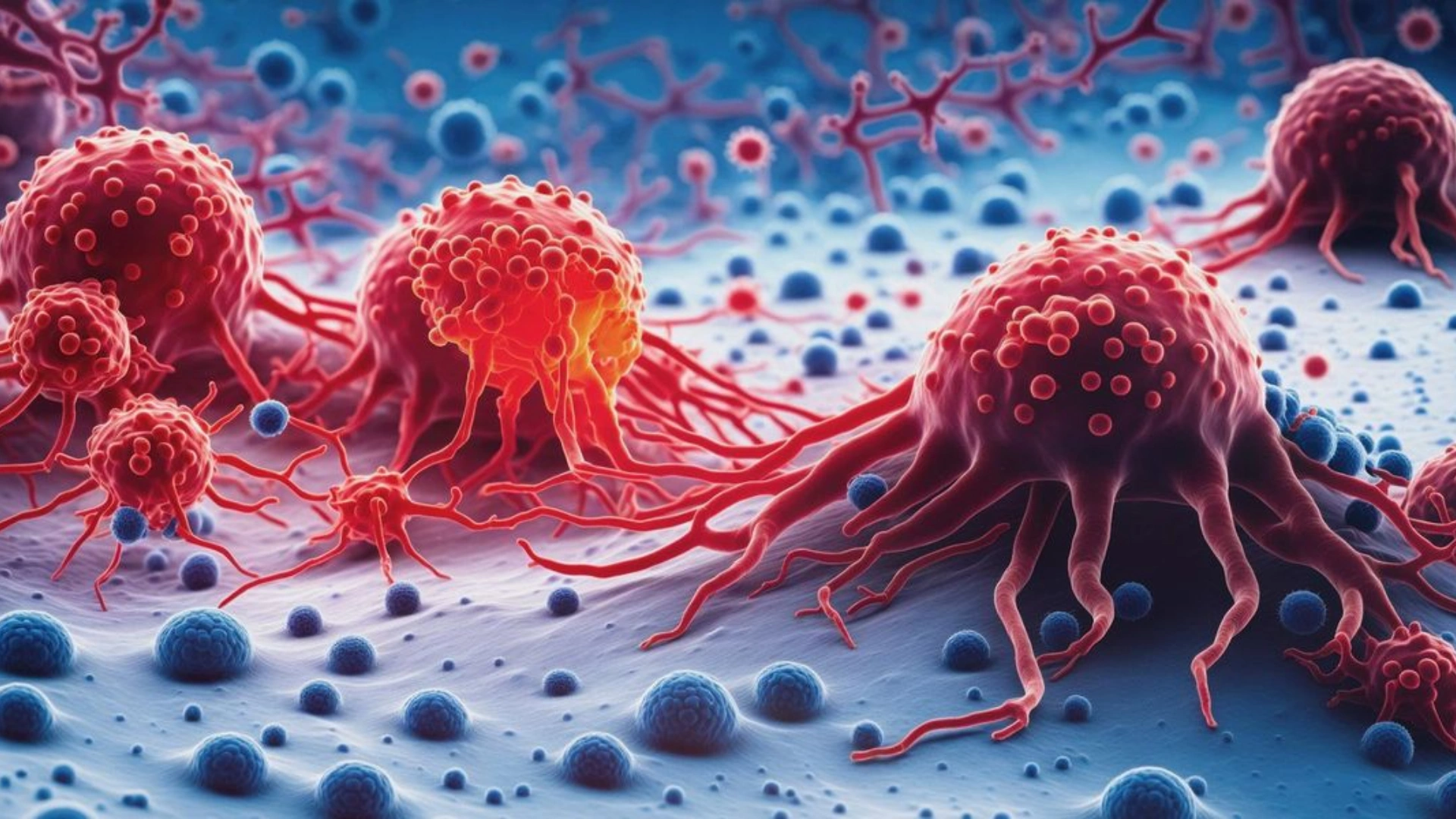A recent study by scientists at Van Andel Institute (VAI) suggests that a person’s likelihood of developing cancer may be influenced even before birth. The research, published in Nature Cancer, highlights the role of epigenetics in shaping cancer risk from early development.
Early Development and Cancer Susceptibility
Researchers identified two distinct epigenetic states that emerge during early development, each associated with varying lifetime cancer risks. One state correlates with a lower risk of developing cancer, while the other is linked to a higher susceptibility.
Interestingly, individuals with the lower-risk epigenetic state are more prone to developing liquid tumors, such as leukemia or lymphoma. On the other hand, those in the higher-risk category are more likely to experience solid tumors, including lung and prostate cancer.
According to Dr. J. Andrew Pospisilik, chair of VAI’s Department of Epigenetics and co-corresponding author of the study, these findings shift the conventional understanding of cancer as a disease primarily driven by genetic mutations. “Our discovery of these two epigenetic states opens up new avenues of research into the origins of cancer,” he stated.
The Role of Epigenetics in Cancer Development
While cancer risk tends to increase with age due to accumulated DNA damage, not all abnormal cells progress to become cancerous. Recent studies indicate that epigenetic errors may also play a significant role in cancer development.
Epigenetics refers to biological processes that regulate how and when DNA instructions are executed. Disruptions in these processes can interfere with cellular quality control mechanisms, allowing malfunctioning cells to survive and proliferate.
In their research, Pospisilik and his team studied mice with reduced levels of the Trim28 gene. Despite genetic similarities, the mice displayed two distinct patterns of epigenetic markers on cancer-related genes. These patterns, formed during early development, influence whether an individual falls into the low-risk or high-risk cancer category.
New Hope for Cancer Diagnosis and Treatment
Dr. Ilaria Panzeri, the study’s first and co-corresponding author, emphasized that cancer is often seen as a result of “bad luck,” but this explanation is incomplete. “Random chance alone does not fully account for why some people develop cancer while others do not. Moreover, bad luck cannot be treated—but epigenetics can,” she explained.
Their findings suggest that cancer risk may be embedded in developmental processes, opening new possibilities for early diagnosis and targeted therapies.
The research team also discovered evidence of these epigenetic states across various tissues, indicating that developmental epigenetic risk factors may be common in different types of cancer.
In the future, the researchers plan to examine how these epigenetic states influence specific cancer types, potentially leading to innovative approaches for prevention and treatment.





















